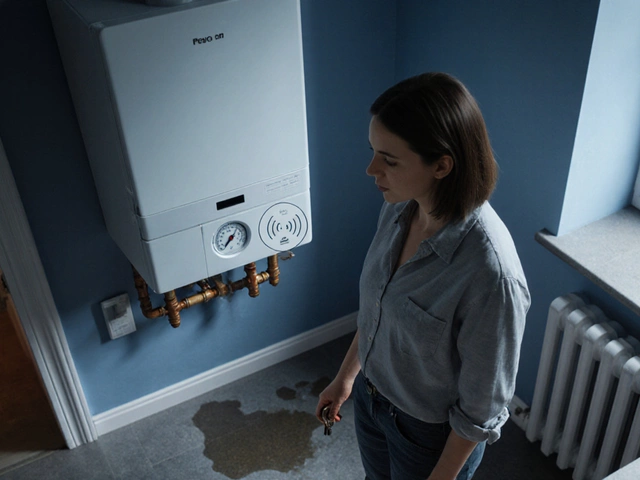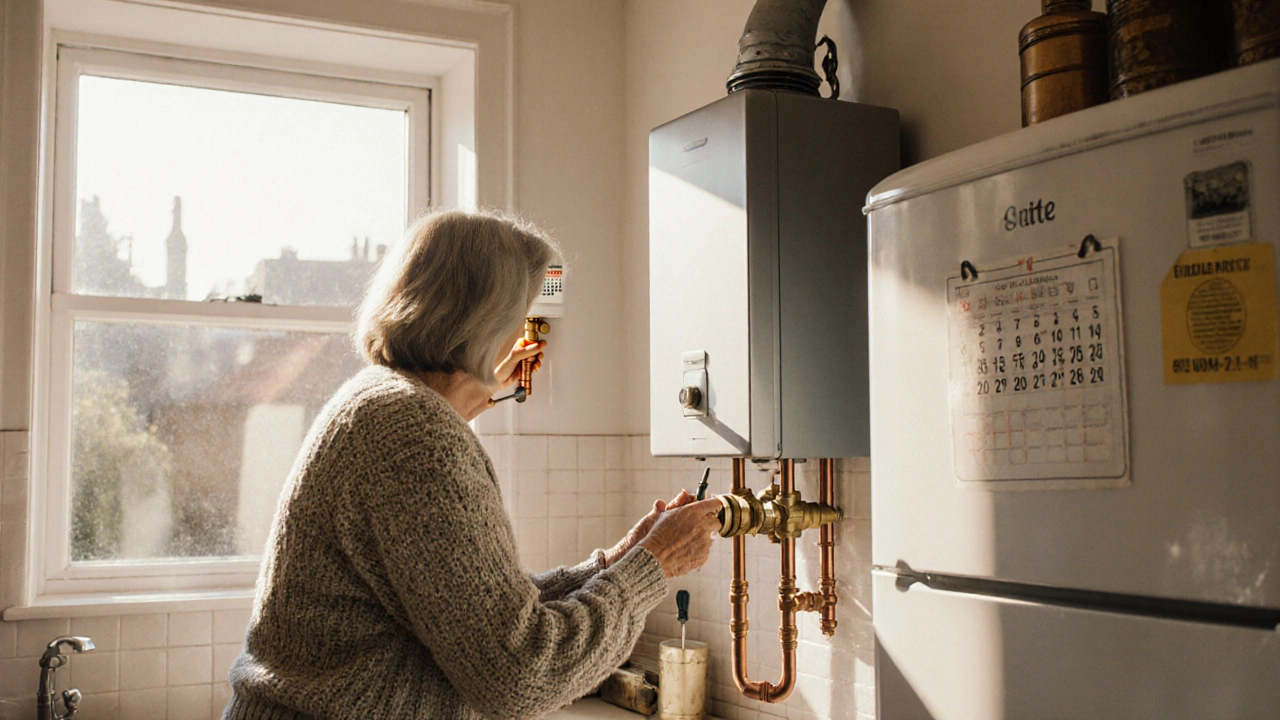Hot Water Heater Lifespan: What to Expect and How to Extend It
If you’ve ever stood under a cold shower because the water heater gave up, you know the frustration. Knowing how long a heater should last helps you plan maintenance and budgeting. In most homes, a well‑looked‑after water heater gives you hot water for 8‑12 years. Anything less usually points to a problem that can be fixed before you need a full replacement.
Typical Lifespan of Different Heater Types
Traditional tank heaters, the kind most people have in the kitchen or utility room, usually reach 8‑10 years for gas models and about 10‑12 years for electric ones. Tankless models advertise 15‑20 years, but the real‑world number often lands around 12‑15 years because of mineral buildup and heat‑exchanger wear.
Gas heaters have a burner and venting system that can rust if the vent pipe isn’t clear. Electric units avoid venting issues but rely heavily on the heating elements and the internal thermostat, which can fail sooner if water quality is poor.
Key Factors That Shorten or Lengthen Life
Water quality. Hard water leaves mineral deposits on the tank’s interior. Those deposits act like insulation, forcing the heater to work harder and eventually causing corrosion. If you have hard water, a water softener or regular descaling can add years to your heater’s life.
Usage patterns. A family of five that runs multiple showers every morning will wear out a heater faster than a couple that takes quick showers. Turn down the thermostat a bit – 120°F (49°C) is usually enough for most households and reduces stress on the components.
Maintenance. Flushing the tank once a year removes sediment that would otherwise build up. Checking the anode rod – a sacrificial metal stick that protects the tank from rust – and replacing it when it’s mostly corroded can double the lifespan.
Installation quality. A poorly installed vent, loose connections, or inadequate clearance around the unit can cause overheating and early failure. Always hire a qualified technician for the first install.
Size matters. If the heater is too small for your household, it will cycle on and off constantly, shortening its life. Choose a size that matches peak demand, not just average use.
When any of these factors are ignored, you’ll start seeing symptoms like strange noises, rusty water, or a steady drop in water temperature. Those are early warnings that the heater is on its way out.
**Practical maintenance checklist**:
- Turn off power/gas and drain the tank once a year.
- Inspect and replace the anode rod every 2‑3 years, or sooner if heavily corroded.
- Check the pressure‑relief valve for leaks and proper operation.
- Set the thermostat to 120°F (49°C) to save energy and reduce wear.
- Look for signs of rust or leaks around the tank and connections.
Following these steps costs a few pounds a year but can save you from a premature heater replacement that may run several hundred pounds.
When you reach the 10‑year mark, start budgeting for a new unit. Even if the heater still works, efficiency drops after a decade, meaning higher energy bills. A modern, energy‑efficient model can pay for itself in a few years through lower utility costs.
Bottom line: Most hot water heaters last between 8 and 12 years if you keep up with basic care. Hard water, over‑use, and neglect are the biggest culprits that shave years off the life expectancy. A quick annual flush and anode‑rod check are the simplest ways to keep the system running smooth and extend its useful life.
Need help with flushing or checking the anode rod? Our Rugby‑based team can swing by, do a thorough inspection, and give you a clear picture of your heater’s health. Call us today and avoid the cold‑shower surprise tomorrow.






